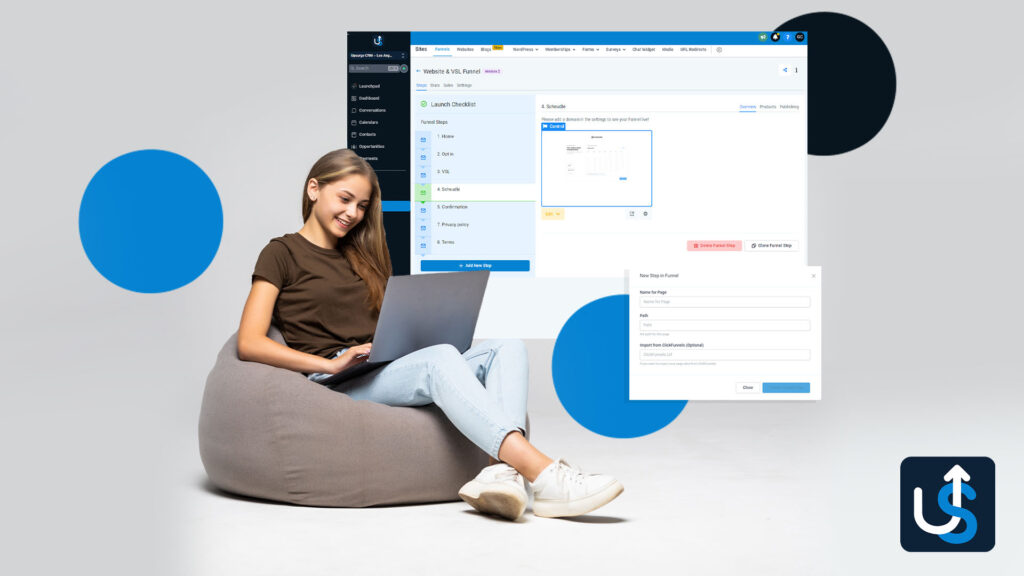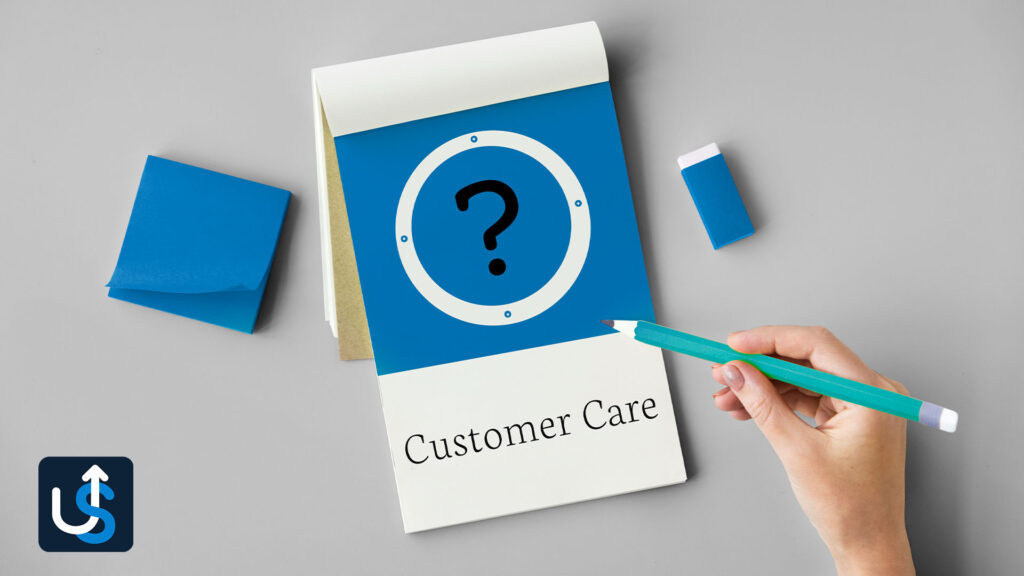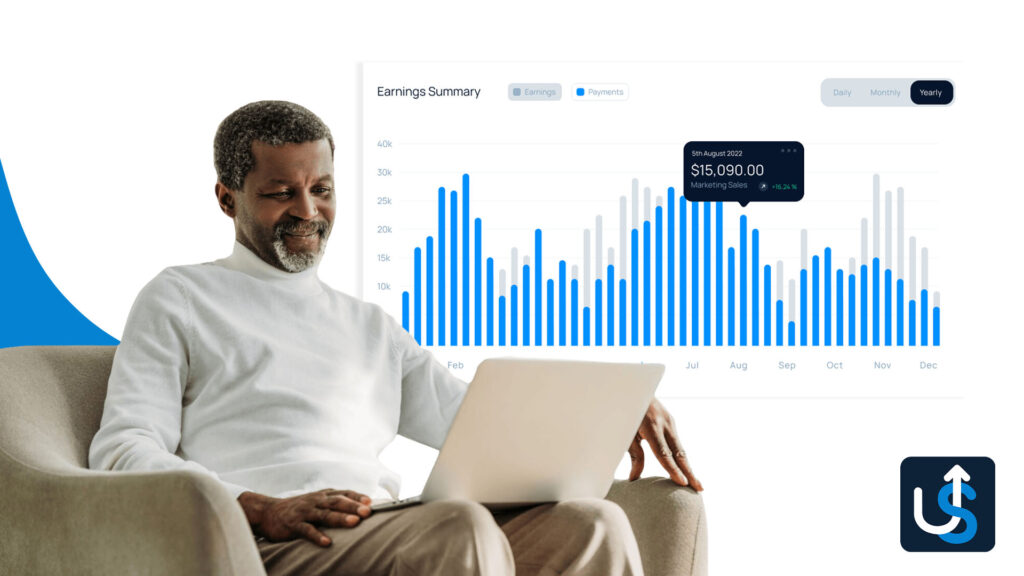What is a CRM system, and how does it improve customer experience?
A CRM system is a software tool that centralizes customer data, streamlines interactions and enables personalized engagement.CRM (Customer Relationship Management) assists businesses in providing better customer experiences by giving insights into their preferences and behaviors.
Can a CRM system enhance customer loyalty?
Yes, CRM systems foster customer loyalty by enabling personalized interactions, targeted marketing campaigns, and proactive customer support. These efforts create a sense of connection and value, increasing customer loyalty.
How can CRM improve customer support?
CRM streamlines customer support processes by organizing inquiries, tracking interactions, and providing historical data. This empowers support teams to respond quickly and efficiently, resolving issues to enhance overall customer satisfaction.
Can a CRM system help businesses acquire new customers?
Yes, CRM systems can aid in lead management, lead nurturing, and tracking customer interactions during sales. These features contribute to better customer acquisition and conversion rates.
How does CRM contribute to a more efficient sales process?
CRM systems give sales teams a unified view of prospects and customers, helping them prioritize leads and manage the sales pipeline more effectively. This streamlines the sales process, leading to improved efficiency and increased sales.










